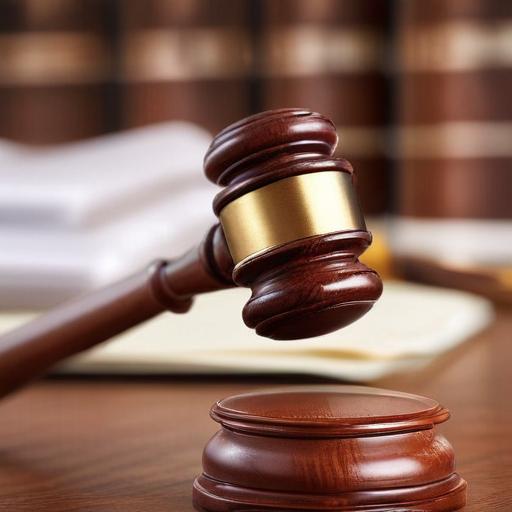The highly publicized murder trial of Karen Read has been postponed again due to “unavoidable circumstances,” according to a spokesperson for the Norfolk Superior Court. This marks a delay in the already complex case which is currently in its retrial phase, following an earlier trial that ended in a hung jury.
The trial was scheduled for its fifteenth day of testimony, but no specific reasons were provided for the cancellation. On the last day of the trial, defense attorney Alan Jackson scrutinized the investigation led by Massachusetts State Police Sgt. Yuri Bukhenik, who acknowledged having seen derogatory text messages related to Read’s situation that could impact the perception of the investigation’s reliability.
Read, 45, who is facing charges of second-degree murder for the death of her boyfriend, Boston police officer John O’Keefe, maintains her innocence. The prosecution argues that Read struck O’Keefe with her vehicle during a snowstorm after a night of drinking. In contrast, the defense suggests potential misconduct by law enforcement and proposes alternative theories regarding O’Keefe’s death.
Testimony has revealed flirty text exchanges between Read and an ATF agent named Brian Higgins, with the defense suggesting he could be a third-party suspect. Prosecutors, on the other hand, wish to introduce evidence concerning a tense altercation the couple had on a trip to Aruba, which they argue demonstrates the volatile nature of their relationship.
The ongoing delays seem to suggest a challenging pathway as both sides navigate the considerable complexities of the case. Given the multiple layers of investigation, including a federal review that found no charges against the police, it remains to be seen how the retrial progresses and whether a resolution will be reached this time around.
This situation reflects the complicated dynamics often present in highly publicized criminal cases, and the judicial system’s commitment to ensuring a fair trial for the accused, even amid delays. As the retrial continues, there may still be opportunities for clarity and justice as new evidence or testimonies emerge in this contentious case.
